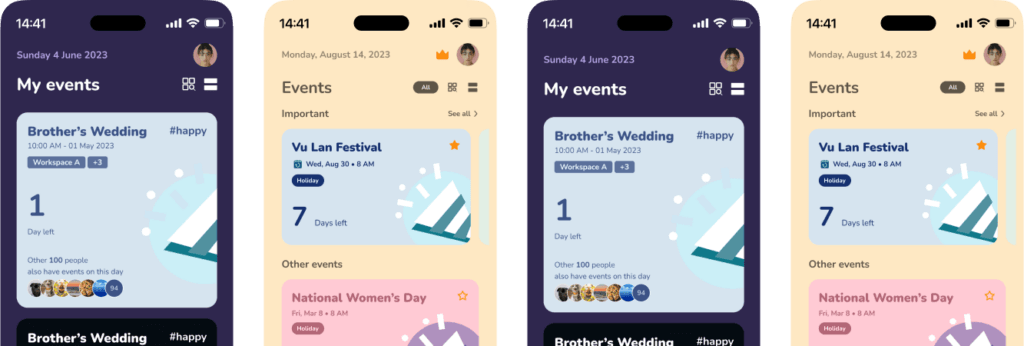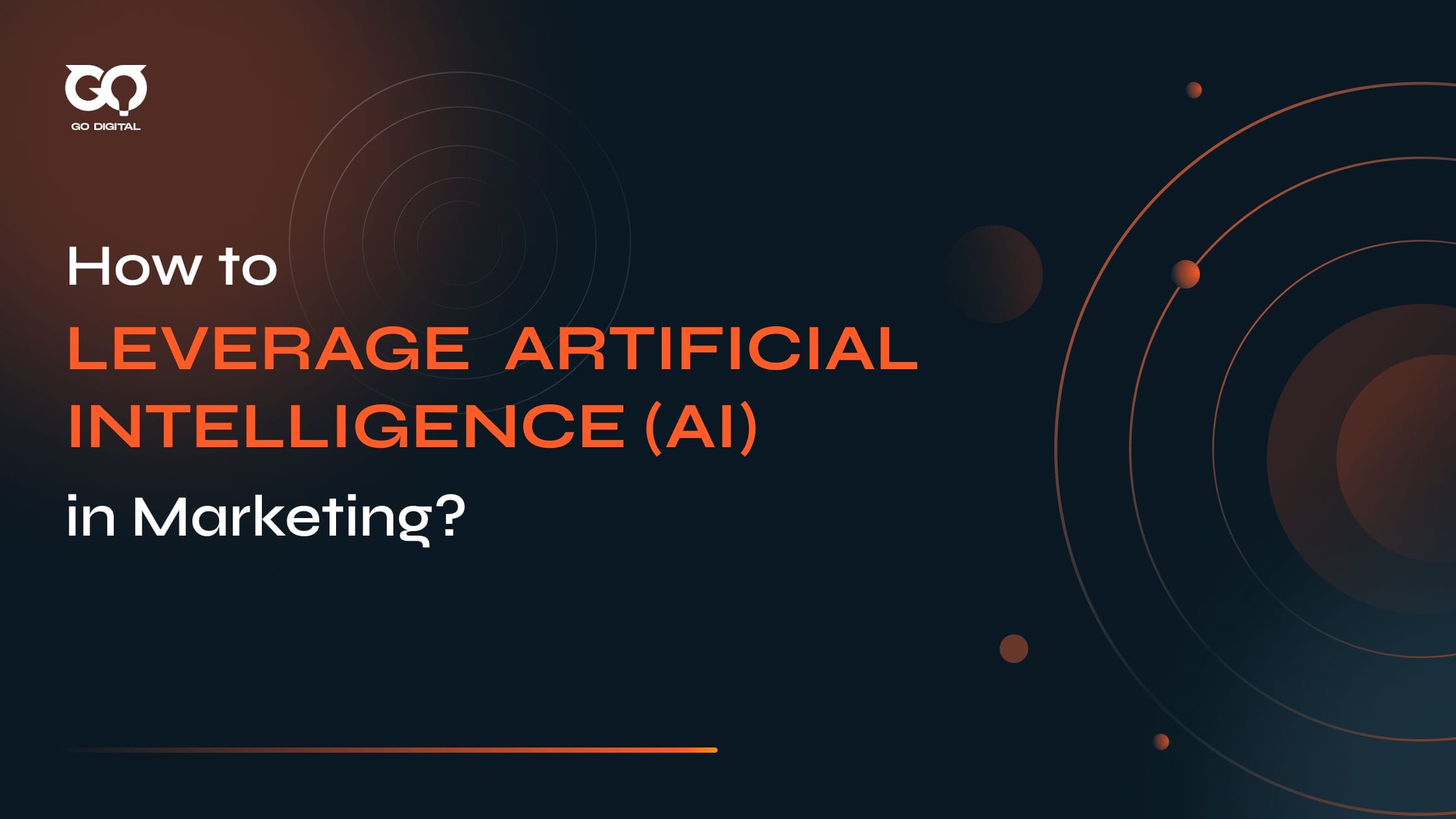Ever wish you could read your customers’ minds? With AI, you’re closer than you think. AI is changing the game with 5 different key utilizations:
- Data Analysis and Insights
- Personalization at Scale
- Predictive Analytics and Forecasting
- Content Creation and Optimization
- Chatbots and Customer Support.
In this post, we’ll break down how you can tap into this tech to elevate your marketing strategy and seriously boost your results. Let’s go!
#1: Data Analysis and Insights
One of the primary benefits of AI in marketing is its ability to analyze vast amounts of data quickly and efficiently. AI algorithms can sift through customer data, including demographics, purchase history, online behavior, and interactions with the brand across various channels.
By analyzing this data, AI can uncover valuable insights into customer preferences, patterns, and trends. These insights enable marketers to make data-driven decisions, identify opportunities, and anticipate customer needs more accurately. Whether it’s segmenting audiences, predicting purchase behavior, or optimizing campaign performance, AI-driven data analysis empowers marketers to extract actionable intelligence from complex datasets.
#2: Personalization at Scale
Personalization has become a cornerstone of modern marketing strategies, as consumers increasingly expect tailored experiences from brands. AI plays a pivotal role in delivering personalized marketing campaigns at scale. By leveraging machine learning algorithms, marketers can dynamically adjust content, messaging, and offers based on individual customer preferences and behavior. Whether it’s personalized email recommendations, targeted advertisements, or customized product recommendations, AI enables marketers to deliver relevant and timely messages that resonate with their audience. As a result, personalized marketing campaigns powered by AI often lead to higher engagement, conversion rates, and customer satisfaction.

#3: Predictive Analytics and Forecasting
Predictive analytics is another powerful application of AI in marketing. By analyzing historical data and patterns, AI algorithms can forecast future trends, outcomes, and customer behaviors with remarkable accuracy. This enables marketers to anticipate market shifts, identify emerging opportunities, and proactively optimize their strategies.
Whether it’s predicting customer churn, forecasting sales trends, or optimizing inventory management, predictive analytics powered by AI provides valuable insights that drive strategic decision-making. By leveraging predictive models, marketers can allocate resources more efficiently, mitigate risks, and stay ahead of the competition in a rapidly evolving marketplace.
Tips:
- Use historical data to train your predictive models for accuracy.
- Keep your models updated to reflect the latest trends and changes.
- Combine AI predictions with market research for a comprehensive approach.
#4: Content Creation and Optimization
AI technologies are increasingly being utilized to streamline content creation and optimization processes. Natural Language Processing (NLP) algorithms can generate high-quality content, including articles, product descriptions, and social media posts, based on specific keywords, topics, and guidelines. AI-driven content creation tools enable marketers to produce relevant and engaging content at scale, freeing up time for creative ideation and strategic planning.
Furthermore, AI can also optimize content performance by analyzing engagement metrics, sentiment analysis, and A/B testing results. By leveraging AI-powered content optimization tools, marketers can refine their content strategy, improve ROI, and deliver more compelling experiences to their audience.
Some examples of AI tools for content creation:
- Jasper: Generates high-quality, relevant content efficiently.
- Copy.ai: Assists in crafting engaging marketing copy.
- Grammarly: Uses AI to refine grammar and style for better content quality.
- ContentStudio: Helps with content planning and optimization.
#5: Chatbots and Customer Support
AI-powered chatbots have emerged as a valuable asset for enhancing customer support and engagement. These virtual assistants use Natural Language Understanding (NLU) and Machine Learning (ML) algorithms to understand customer inquiries and provide timely responses and assistance. Chatbots can handle routine queries, provide product recommendations, assist with purchases, and even resolve simple issues without human intervention.
By implementing chatbots on websites, social media platforms, and messaging apps, businesses can enhance the customer experience, increase efficiency, and provide round-the-clock support to their audience. Furthermore, chatbots can also collect valuable customer feedback and insights, which can inform future marketing strategies and product enhancements.
Chatbots and AI customer support tools:
- Drift: Provides AI chatbots for improved customer support and lead generation.
- Intercom: Offers chatbots that enhance customer interactions and support.
- Zendesk Chat: Integrates AI to handle common customer queries efficiently.
- ManyChat: Creates chatbots for platforms like Facebook Messenger.
Bottom Line
When it comes to how to leverage AI in marketing, the possibilities are vast. AI presents a wealth of opportunities for marketers to enhance their strategies, drive efficiencies, and deliver more personalized experiences to their audience. From data analysis and insights to personalization at scale, predictive analytics, content creation, and chatbots, AI technologies are reshaping the marketing landscape in profound ways.
By embracing AI and integrating it into their marketing efforts, businesses can gain a competitive edge, improve ROI, and foster deeper connections with their customers in an increasingly digital and data-driven world. As AI continues to evolve and mature, its impact on marketing is poised to grow exponentially, making it imperative for businesses to stay ahead of the curve and leverage AI to its fullest potential.
Thank you for reading! For more up-to-date news and industry insights, stay tuned on Golden Owl Digital’s blog for weekly updates!







